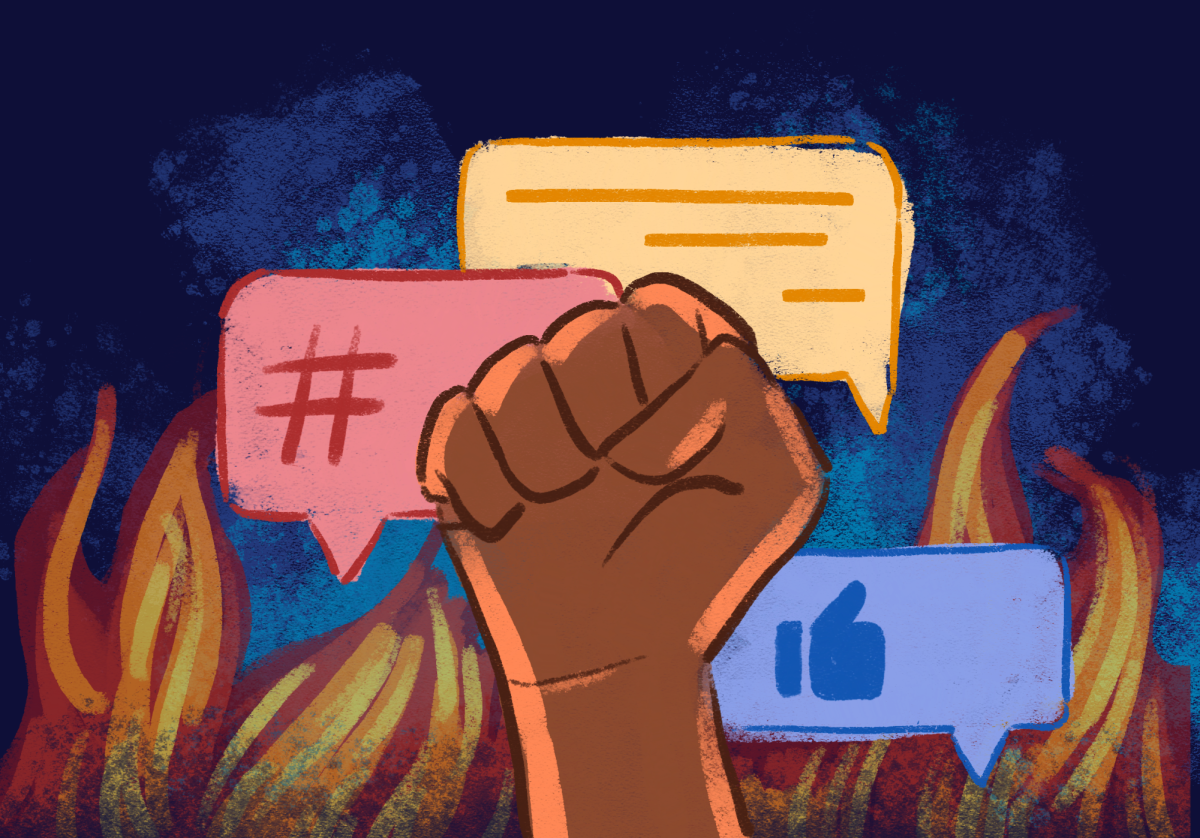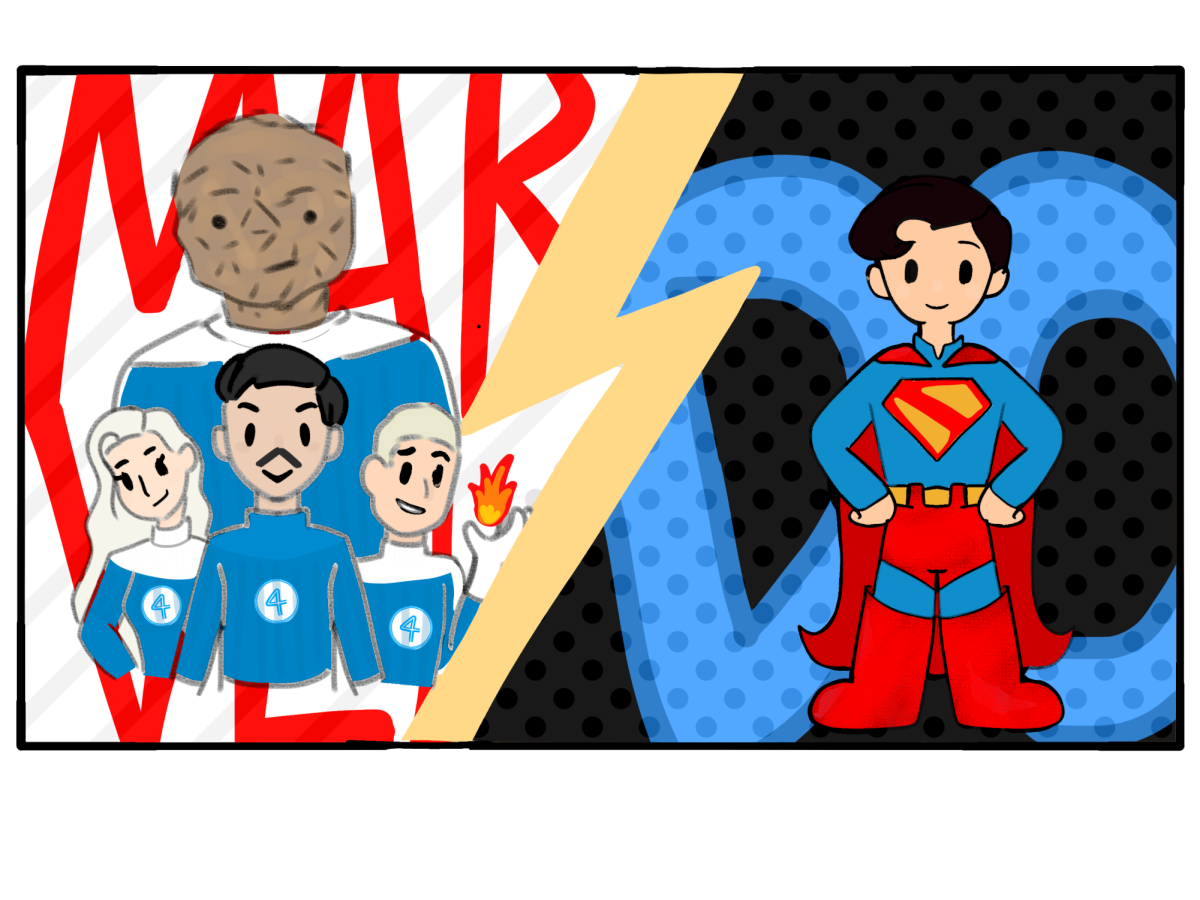The killing of the conservative activist Charlie Kirk in early September rocked the nation, but it also deeply divided Hill’s campus. After last year’s tense and all-too-violent election cycle, campus is once again debating familiar questions: when hostility beyond words is terribly familiar, and when the victim is an individual that society is so divided upon, what is the right course of action to implement? can actions be taken too far in the pursuit of protection from hateful speech? Opinions are divided, feelings are hurt, and political tension has spiked both at Hill and around the country.
Kirk was an American right-wing political activist, entrepreneur, and media personality, most famous for his debates with college students as well as the founding of Turning Point USA, an American nonprofit organization that advocates for conservative politics on high school, college, and university campuses. At 12:23 p.m. MT, Kirk was fatally wounded by a single shot coming from a nearby rooftop. The shooter then jumped off the farther side of the building and fled to a nearby neighborhood. Kirk was then rushed to Timpanogos Regional Hospital, where the staff attempted to treat him through emergency surgery. His death was announced by President Donald Trump at 2:40 p.m. MT.
The primary suspect for the shooting has been identified as Tyler James Robinson, a 22-year-old from St. George, Utah. The motives behind the assassination, however, are unclear. While Robinson was raised in a Republican, Trump-supporting household, though, according to his parents, he had been become politically active online over the past year, focused especially on LGBT+ rights.
Opinions on Kirk’s passing are mixed and divided, much like the political landscape of the country. Many have given their condolences to Kirk and his family; however, there are also many critical of Kirk’s opinions and claim that he incited hateful behavior, especially on civil rights and the Second Amendment.
The common sentiment found at Hill around the shooting is that no matter how hateful one’s beliefs are, no one deserves to be killed for their opinions and values, and because of that, Kirk’s death should be mourned, regardless of your own personal beliefs.
“While I don’t agree with him personally, I don’t believe that he should have been killed for that,” Evie Adler ’28 said. “He debated college kids for a living. He was never violent towards people.”
Those who disagree with the sentiment counter by arguing that Kirk’s own beliefs had some level of effect on his death. These individuals often point to Kirk’s comments that he made during a Turning Point USA event in Utah two years earlier, where he claimed that gun deaths were “worth it” if it meant having a strong Second Amendment.
Other students, however, defended the work of Kirk, like Young Republican Winston Valentine ’26.
“Kirk always mourned and paid tribute to victims of gun violence, but he refused, however, to let emotion and grief hijack his belief in liberties,” Valentine said.
According to Valentine, both parties will be significantly affected by this tragedy, especially the GOP. “The Republican Party is now stronger than ever,” Valentine said. “Charlie’s message is stronger than ever, and Republicans are more united than ever.”
Others still are less sure, believing that that Kirk’s death will have the unfortunate side effect of radicalizing both sides of the political spectrum as a reaction to this event. “I think he brings a lot of division to American society,” Erin Lee ’26 said. “His death may radicalize a lot of people.”
Nicholas Malinak, instructor of history & social sciences shared a similiar sentiment. As an AP government teacher, he said that he has seen divides grow even in his classroom.
“I think the most dangerous thing is it could justify the demonization of your opponent’s even more,” said Malinak.
In the end, Kirk’s death has ignited not only grief and outrage, but also deep reflection on the dangers of division and the ethics of political judgements. Many students feel that these events reflected how fragile the balance is between protecting speech and weaponizing it.
“You cannot agree with his death, but you should never be cheering or applauding it,” Adler said.























